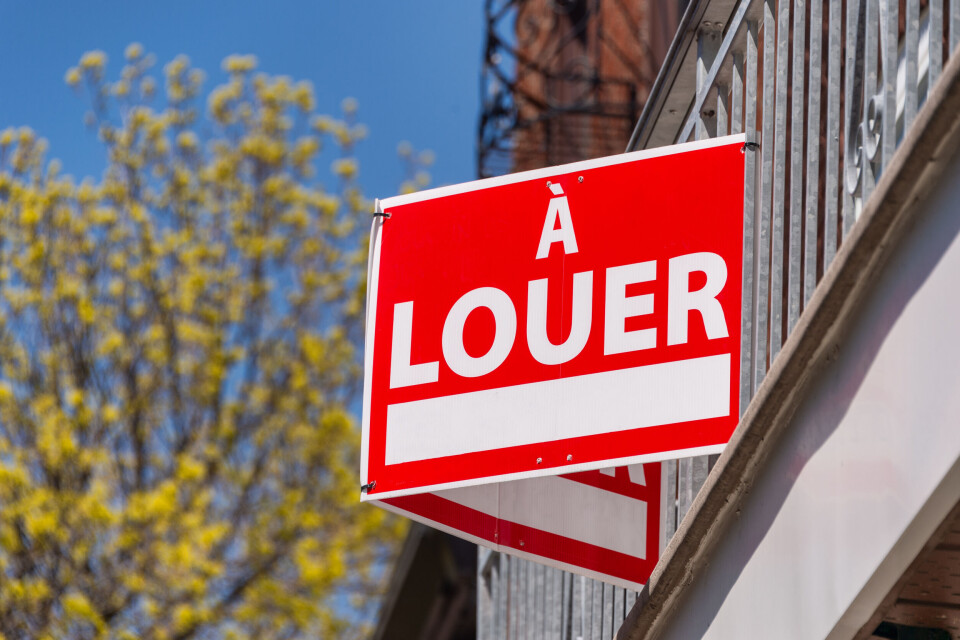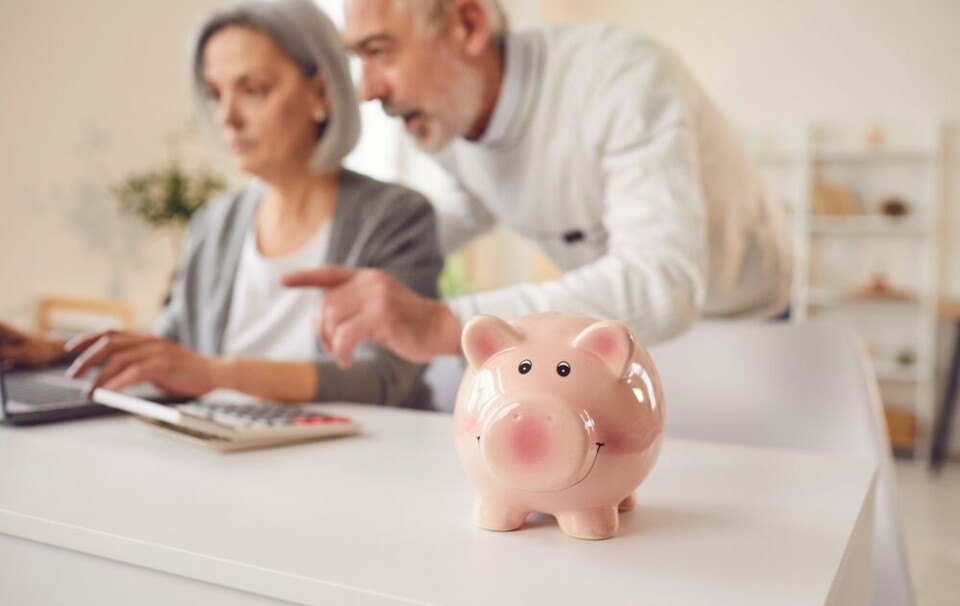-
France’s Christmas bonus: who receives it, and how much is it in 2025?
Around two million households are eligible for one-off ‘prime de Noël’ payment
-
Can adult children be held responsible for the debts of their parents in France?
If the mother or father has died the situation can be complex
-
Why your home insurance in France is likely to increase
Climate change-related claims cost more than €5 billion last year
Does it make sense to 'buy-to-let' property in France?
Partner article: Robert Kent of Kentingtons explains the pros and cons of renting out property in France

With increasing property taxes, energy efficiency surveys, and other associated fees, it seems timely to consider the viability of property as an investment – that is, buying to let.
High legal fees
Legal fees have always been high in France. They are known as the droits de mutation (or, more colloquially, les frais de notaire).
These are around 5.8%, with added disbursements and the notaire fee adding up to another 2%.
ll in, costs of up to 8% are typical. Any investment plans should take into account the time to recoup this significant cost.
Taxe d’habitation remains for the landlord
Making things worse, we have seen new taxes introduced and increased.
Read more: French second homes: taxe d’habitation rates continue to rise
Taxe d’habitation, which has been abolished for main residences from 2023, does not end for investment properties and thus not for landlords.
Before it was phased out, this tax was paid by the tenant.
It has subsequently been shifted to the landlord.
Rises in other property taxes
We have also seen aggressive rises in taxe foncière, despite reassurances from the government that this would not happen.
Furthermore, we are seeing dramatic increases in the so-called ‘garden shed tax’ and other small taxes, adding insult to injury.
Early sale could mean big capital gains tax bill
Another consideration is capital gains tax, or impôts sur les plus-values.
For investment property, avoiding all taxation requires the owner to hold the property for three decades.
The tax allowance increases each year, so early sellers should beware as they could see up to 42.2% removed from any precious gains in tax and social charges.
Read more: When are property sales in France free from capital gains tax?
Your time is money
All I have covered so far is taxation. You should also factor in the cost of maintenance, plus any time you might spend managing the property (or managing those who should be doing so).
Despite all this, I still argue that property can be an excellent investment.
Demand is unlikely to dry up, with populations continuing to grow.
Take a long-term view
There are, however, considerable risks. The phrase ‘as safe as houses’ will only apply to strategies that take a long-term view, with considerable financial planning.
Most people who do badly, on any investment, tend to make one of two simple mistakes.
Either they do not plan for markets to implode, have no contingencies, and are forced to sell at the worst possible time because they need the money.
Or they panic when things look bad and sell (again at the worst possible point).
Really, then, it is often a matter of market timing regarding the sale, no matter what the investment is.
If you have planned carefully, you will have total control over that timing, whatever is happening in the world.
‘Benign neglect’ - Warren Buffet
One of the reasons that people who are generally bad investors do better with property is that you cannot easily get a precise daily or weekly value, such as with stocks and shares.
This inability to monitor pricing volatility saves people from themselves.
One of the world’s most successful investors, Warren Buffet, said: “Benign neglect, bordering on sloth, remains the hallmark of our investment process.”
It is easy to ‘neglect’ volatile asset values if you cannot monitor them on a regular basis, even if you are a very anxious investor.
Have a contingency plan
Another big mistake that people make is relying on rental income, with no contingency in place.
It is often when a property becomes vacant that people need the money most.
It is during periods of economic hardship that big companies or universities move or close, destroying a previously buoyant rental market.
Property can so easily go from a seemingly easy, guaranteed income to nothing.
Calculate your net return properly
The reason a contingency is so vital, with property more than any other investment, is that property is not liquid.
There is no guarantee it will be rented all of the time.
Even if this was possible, the net return (something so many forget to consider when calculating their percentage return) is rarely as great as expected.
Most people I speak to calculate their net rental income incorrectly, forgetting all the costs and taxes associated with maintaining a property.
If the world goes to hell in a hand cart (it is already feeling a little like that these days) you cannot make a quick cash withdrawal from property.
This means that too much exposure to property is a huge risk and needs to be balanced with liquid assets (those which may be quickly turned to cash).
It is vital to have enough liquid capital to be able to cover the costs of managing your home and other (vacant) property, for a considerable time.
To do otherwise is to add sizeable investment risk.
Tax advantages for UK property
Earlier, we spoke about the tax issues arising from property ownership, but there are tax advantages too.
If you are a UK national living in France, you might prefer to have a property in the UK, either as an investment or pied-à-terre.
Property owned outside of France is outside the scope of property wealth tax for the first five years of ownership.
Also, UK property, due to the succession treaty between the UK and France, is completely outside the scope of French inheritance tax and, mostly, French succession law.
I say “mostly” as there are some (very contentious) rules in France forcing it to be considered in some cases.
Tax advantages for French property
If looking at property in France, meanwhile, there are very interesting tax deduction schemes for long-term landlords.
This means that property can offer financial planning opportunities and should not be rejected out of hand.
It does, however, require very careful thought and planning. When it comes to managing your patrimoine (property and money), it is best to consider all assets together.
This is why, in France, people invariably take the counsel of an authorised, registered and qualified conseiller en gestion de patrimoine before making important financial decisions.
Maybe you should too!
Related articles
Income Tax in France 2022 (for 2021 income)
Air-con restrictions? Tax foncière rates: Five French property updates
Will my UK will ensure my French second home passes to my child?
























